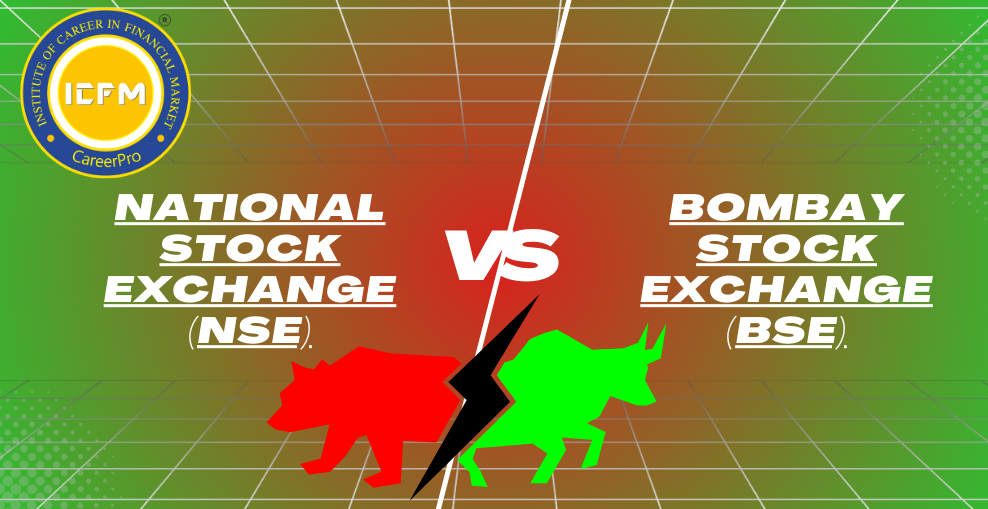
Introduction
In the world of stock trading, two major players stand out: the National Stock Exchange (NSE) and the Bombay Stock Exchange (BSE). Both are pivotal to the Indian financial landscape, but they have their distinct characteristics and functions. Understanding the differences between NSE vs BSE can empower investors to make informed decisions. Let’s delve deeper into this comparison.
Structure and Establishment:
Established in 1992, the NSE is a relatively newer entrant into the Indian stock market, yet it has rapidly emerged as a key player. Operating as a demutualized electronic exchange, the NSE leverages cutting-edge technology to facilitate seamless trading experiences for investors. On the other hand, the BSE boasts a rich history dating back to 1875, making it the oldest stock exchange in Asia. Functioning as an association of persons, the BSE initially operated as an open outcry system but has since transitioned to electronic trading, blending tradition with modernity.
Key Differences of NSE vs BSE:
- Market Structure:
- NSE operates as a demutualized electronic exchange, leveraging advanced technology for seamless trading experiences.
- BSE, on the other hand, functions as an association of persons and holds the distinction of being the oldest stock exchange in Asia.
- Indices:
- NSE’s flagship index, the Nifty 50, comprises 50 large-cap Indian companies, reflecting the overall performance of the market.
- BSE’s benchmark index, the Sensex, tracks the performance of 30 well-established companies across various sectors, providing insights into the broader market trends.
- Trading Mechanisms:
- NSE is known for its high liquidity and faster trade execution, thanks to its electronic trading platform.
- BSE offers both electronic and traditional floor-based trading, catering to different trading preferences.
Market Capitalization and Liquidity:
Due to its broader range of listed companies and higher trading volumes, NSE typically boasts a higher market capitalization compared to BSE. Moreover, NSE is renowned for its high liquidity, enabling investors to execute trades swiftly and efficiently. However, BSE remains significant for certain niche sectors and regional companies, offering ample opportunities for savvy investors seeking value beyond the mainstream.
Conclusion:
NSE vs BSE serve as critical pillars of the Indian stock market, they possess unique attributes that cater to different investor preferences and strategies. Whether prioritizing liquidity, market capitalization, or trading mechanisms, understanding the distinctions between NSE and BSE is indispensable for navigating the complexities of the financial world. Armed with this knowledge, investors can make well-informed decisions to capitalize on opportunities and mitigate risks effectively.
Tags: learn stock market trading, how share market works, Best share trading course, Training in Indian stock market, stock market course, stock market institute, protrader india member, nse vs bse, learn stock market trading, how share market works, Best share trading course, Training in Indian stock market, stock market course, stock market institute, protrader india member, nse vs bse, learn stock market trading, how share market works, Best share trading course, Training in Indian stock market, stock market course, stock market institute, protrader india member, nse vs bse, learn stock market trading, how share market works, Best share trading course, Training in Indian stock market